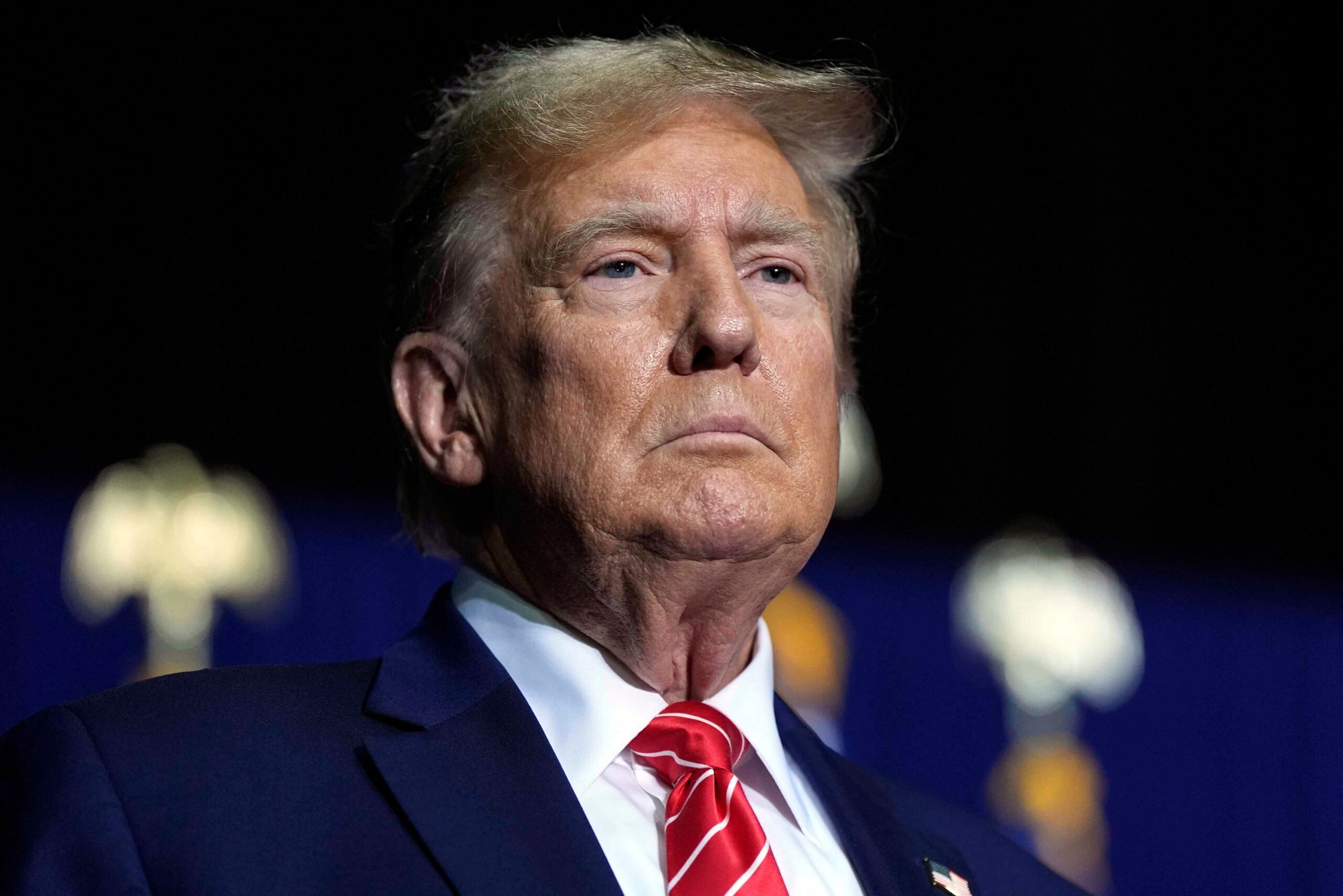Paul Manafort, former campaign manager for Donald Trump, could have been serving a federal sentence if not for a presidential pardon in the final weeks of Trump’s term. Now, he is reportedly in talks to assist the Republican National Convention this summer, where Trump is expected to be nominated as the party’s presidential candidate, according to CNN and other sources.
Manafort’s potential involvement would make him the latest beneficiary of Trump’s clemency to aid the former president’s political resurgence. Over a dozen individuals pardoned or granted sentence commutations by Trump have since contributed to his political endeavors, some through substantial financial donations.
Among these individuals are former top adviser Steve Bannon, rapper Kodak Black, conservative writer Conrad Black, and Phil Lyman, a former US representative now running for Utah governor. John Tate, a GOP consultant who received a pardon, earned over $70,000 last year consulting for Trump’s presidential campaign, as per federal records.
Trump’s utilization of his clemency powers during his presidency was unprecedented, often benefiting political allies, supporters, celebrities, and military figures with personal ties to him and his administration. Jeffrey Crouch, an expert on executive clemency at American University, referred to this as a “perfect storm” of unusual circumstances that raise questions about favoritism and abuse of power.
As Trump seeks another term in office, he promises an extraordinary use of his pardon powers, vowing to free those arrested in the January 6, 2021, attack on the US Capitol. His campaign did not respond to a request for comment.
Manafort, a lobbyist who became chairman of Trump’s first presidential campaign, was convicted in 2018 of defrauding banks and the government, and of failing to pay taxes on millions of dollars in income earned from Ukrainian political consulting. He was later punished for obstruction of justice. Trump pardoned Manafort in December 2020, a month after losing reelection.
Trump’s pardons have been controversial, with many going to well-known Republicans, military figures, and celebrities rather than average, unknown people. In the final months of his presidency, Trump frequently told his aides that he planned to be liberal with his pardons, viewing it as an opportunity to build goodwill with his loyalists.
Other key Trump allies who received a pardon include: veteran Republican operative Roger Stone, Steve Bannon, and Michael Flynn, Trump’s former national security adviser. All four could have spent the 2024 election cycle serving federal punishments if not for Trump’s intervention.
Many pardoned by Trump had long ago served their time and are now aiding Trump from the other side of their amnesty. Charles Kushner, the father of Trump’s son-in-law, who served prison time in the mid-2000s, gave $1 million to Make America Great Again, Inc., one of the largest single contributions to the pro-Trump super PAC so far.
There is speculation around the fate of another Trump ally, Peter Navarro, an ex-White House aide for Trump, who recently reported to federal prison after refusing to comply with a subpoena from the House Select Committee investigating the January 6 attack. Trump has not confirmed whether he intends to pardon Navarro if he returns to the White House.

